In the last two blog posts, I have discussed the seven things to consider before owning a horse and the seven steps of buying a horse for the first time.
Below is a checklist covering what to do from pre-sale to bringing your new horse home. After the above “buying a horse” post, one should follow this checklist. If you are new to horses or a beginner, include a horse professional purchasing a horse.
Before moving forward, I want to remind you that I am a strong proponent of riding lessons for someone New to Horses.
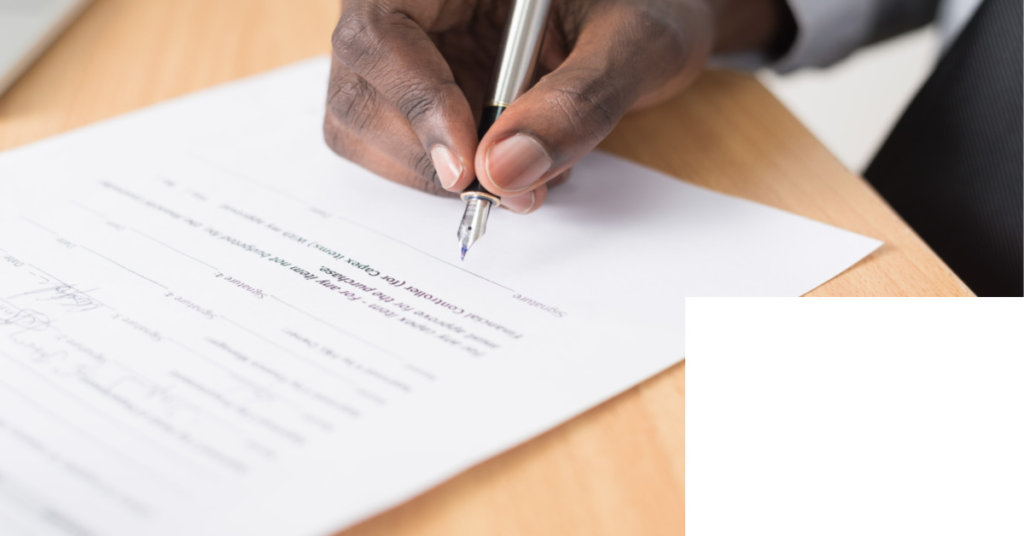
1. Have a Purchase Agreement ready for signature
- A purchase agreement for a horse can be found on the internet. Or your instructor/trainer might have one to use. You should make sure you are covered in the contract for any health or behavioral issues that were not disclosed. If the seller is honest and forthright, they should not have a problem signing a purchase agreement.
- A horse owner who doesn’t want their horse’s best might not agree to a contract or a veterinary pre-sale check. I would always question a desperate seller to get rid of a horse quickly without any care in where it will end up.
- In the end, the due diligence required during the process of buying a new horse depends on the cost of the horse and how the cost affects your finances. A $500 horse compared to a $5-10,000 can make a big difference in what steps you want to take.
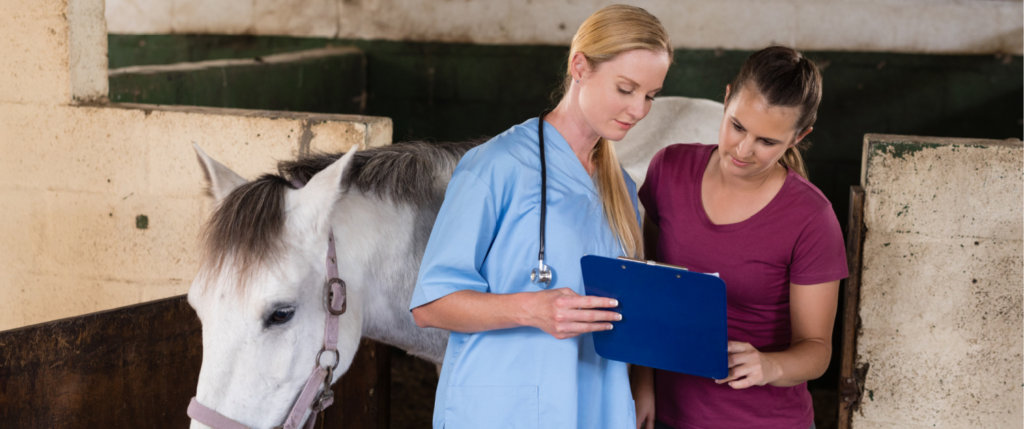
2. Verify all Health Records before paying
- Ask for an up to date Coggins test for EIA. EIA is an infectious disease with no preventative vaccination. Check with your veterinarian about the Coggins test requirements by state. You will be taking an unnecessary risk if you buy a horse and take them home without this test. It should be a part of the horse’s permanent record and paperwork. You will be asked to prove a negative Coggins before taking your horse to most venues and/or events. If they do not ask for this, I would question attending this event or venue. Remember, this is protecting your horse and other horses against a deadly virus.
- It would not be unusual to ask to see all past or present veterinary paperwork on the horse. Check it for up to date vaccinations or other health care issues that required veterinary care in the past. Ask the owner when the horse was last de-wormed or treated for other conditions such as rain-rot or allergic reactions. If an owner is unwilling to give you this information, I would either pass this horse up or do a pre-purchase exam.
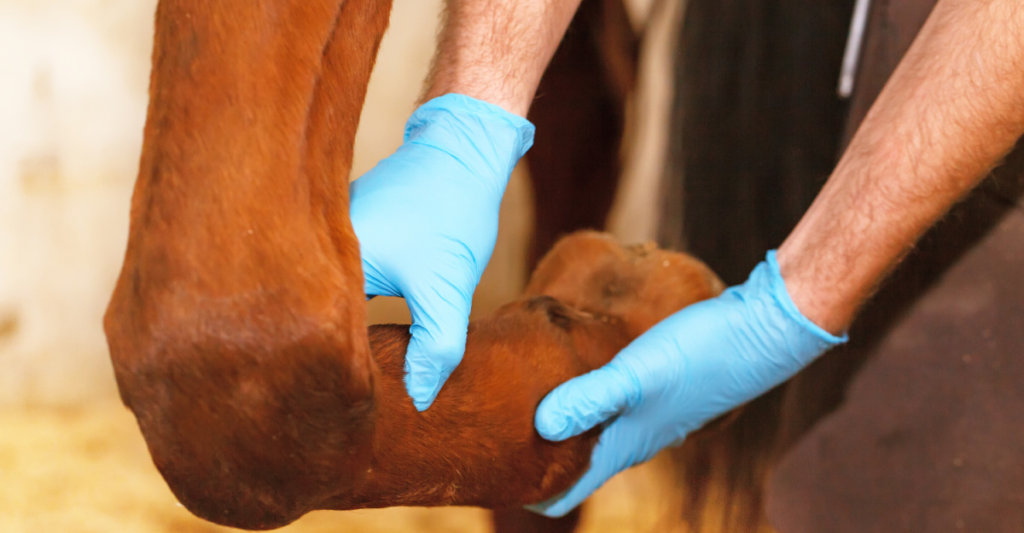
3. Pre-purchase exams by a veterinarian can save you money in the long run
- During the pre-purchase negotiations, a veterinary pre-purchase check is always recommended. It would be best if you used your own veterinarian. Do not use the sellers or the barn’s veterinarian. This can create a conflict of interest.
- A vet check itself can be costly. You might skip the pre-vet check if the horse does not cost you a lot of money. However, you should know the costs of equine medical issues can be well over what the horse cost you. Make sure your finances can take that kind of hit. Medical expenses can cost hundreds to thousands of dollars. It might be worth it to pay for an exam that saves you that emotional and financial burden.
- According to Horse.com, “Wendy Schofield, DVM, a practitioner with the Sport Horse Program at Hagyard Equine Medical Institute in Lexington, Ky. “We are there to assess general health, conformation, and soundness for intended use.”
- There are three main levels of vet checks available.
- 1. Basic health evaluation includes health history, temperature, pulse, respiration, general condition, and conformation. 2. Lameness assessment, including flexion tests, soft tissue palpation, and movement evaluation. 3. Ancillary diagnostics that might not come into play, including radiographs (X rays), ultrasound, magnetic resonance imaging (MRI), and bloodwork.
- If the horse is diagnosed with an undisclosed chronic condition or a minor symptom that can be easily fixed, the vet can counsel you on the pros and cons of buying that horse or pony in another article written by Horse.com, “David Celella, DVM, from Terrell, Texas. “Any horse is salable, and every horse has problems,” he says. “We’re trying to identify those problems and see if the buyer is willing to deal with them.”
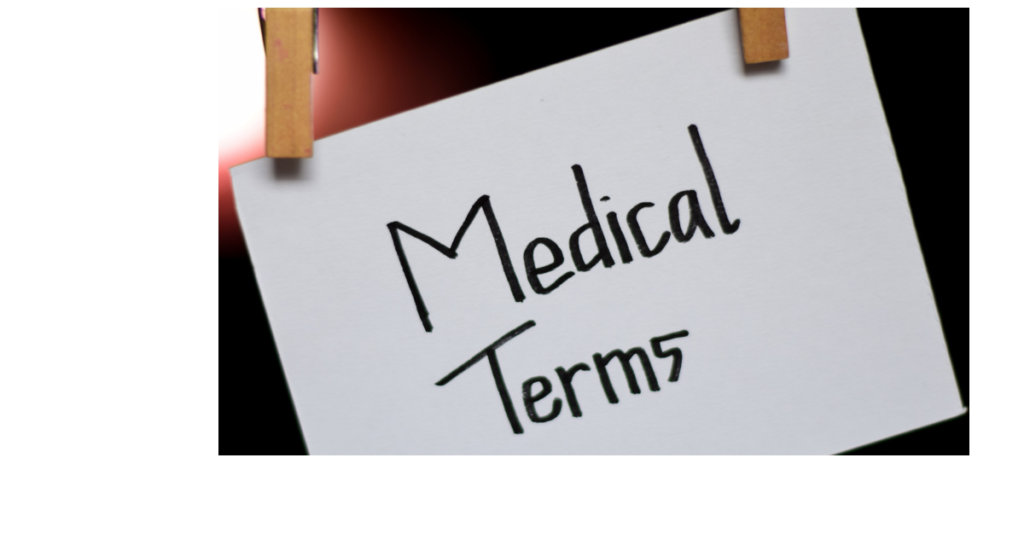
4. Equine Insurance
There are a lot of insurance companies that are for horses. Look for those plans that include liability, veterinary expenses, and personal injury. They will also carry mortality insurance. Colic surgery can cost from $5,000-10,000. Putting a horse down can cost over $200.00. If your horse gets out of the pasture and causes an accident, the liability costs can cost you your home and farm.

5. Equine Transportation
- In my post on 7 steps to buying a horse for the first time, we talked about having a trailer ready to transport your new horse.
- If there was no veterinary pre-sale check and the vaccines were not up to date, I always took my new horses to my veterinary clinic. There my vet would make sure the horse/pony was healthy and caught it up on all the needed vaccinations. I would leave a sample of manure for a fecal count and scheduled dental work if needed.

6. Quarantine a new horse
- I always quarantined the new horse. My concerns were that the horse might have been exposed unknowingly to a contagious disease. If so, they would carry disease home to my other horses or neighboring horses.
- A new horse should be quarantined from other horses, including neighboring horses, for 2-4 weeks. Separate them so that they cannot touch noses with another equine. Consider how much space is between the fences. Horses do sneeze and reach out across the fence pretty far. Our 6′ distancing during COVID could mean 8-12 feet for horses. But, for safety, ask your vet their recommendations for quarantine periods and protocols. I always want to error on the more aggressive side.
- Quarantine also means separating grooming tools, manure forks, rakes, and manure piles ( if horses can get to them). Be sure water and feed buckets are separated. You do not want any cross-contamination.
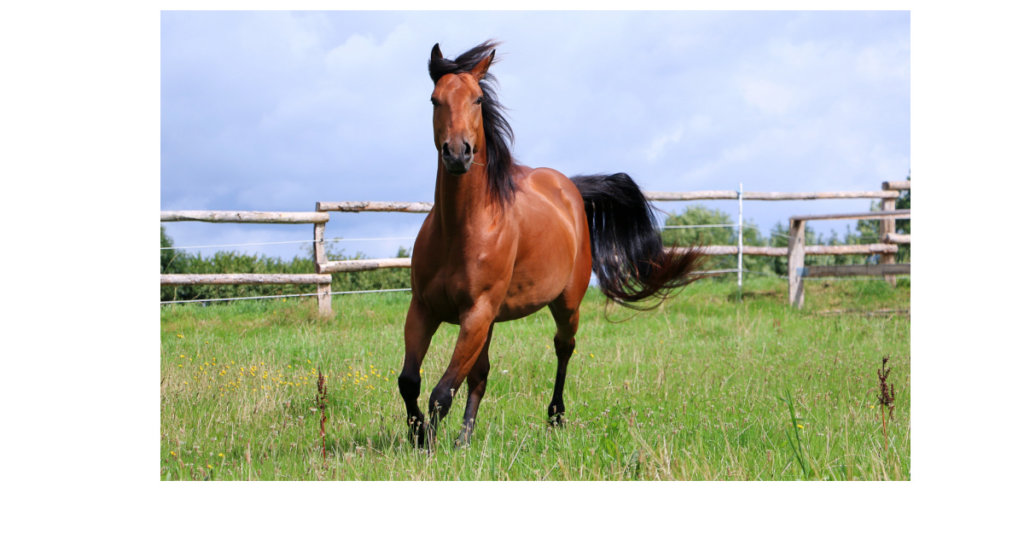
7. Give your new horse time to acclimate to their surroundings
Acclimation differs from quarantine.
Quarantine is to reduce the chances of spreading disease to others. In comparison, acclimation is how they settle in emotionally. New herd mates, new routines, or new surroundings can cause stress until the new horse is acclimated.
- Horses moved to a new home need time to acclimate. Especially those that are not normally exposed to traveling for shows, trail rides. Especially the horses being rescued or bought from an auction. Off-track thoroughbreds need a letdown period as well.
- If you are buying a horse that normally competes or trail rides, you may not have to worry about the acclimation period. Ask the owner about how they react to new housing and pasture buddies.
- Some horses acclimate better and faster than others. Remember that after quarantine, they will be moved to their more permanent place on the farm. There they will start acclimating to new surroundings and horses (if any). The change of adding them to a new herd or introducing them to another horse on the property can be stressful and should be gradual. Now is the time to separate them by a fence, so the barrier keeps their excitement at bay. And slowly add herd mates to his pasture until you see how they react to each other.
- It’s natural to want to ride your horse when it is finally home. But, patience is the virtue. Take this time to learn to read their stress levels and bond with them. This is especially true if you have brought home a rescue or auction horse.
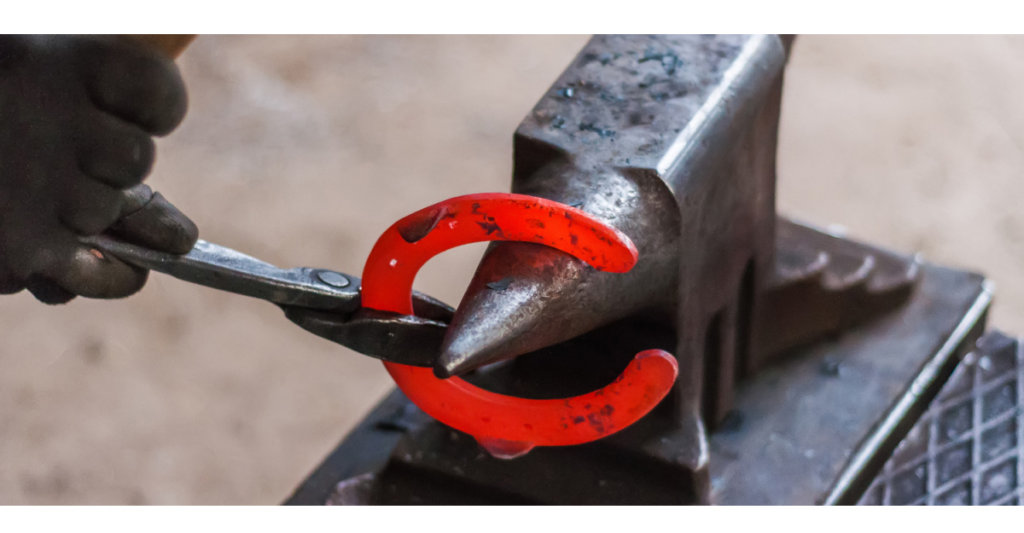
8. Farrier Work
- We never rode a horse before my farrier checked their feet. He watched them walk and trot and examined their hoofs inside and out. Then he trimmed them accordingly. If they needed to wear shoes, they usually came on the horse. The farrier would refit or rebuild a new shoe.

9. Chiropractic Care and Massage Therapy
- When my massage therapist and/or chiropractor came to treat other horses on the farm, the new horse was first on the list. Chiropractic care for horses is critical to their comfort, training, and longevity. Starting on a horse that is already in pain is not productive or fun and can result in behavior issues, and worse, the rider could end up hurt.
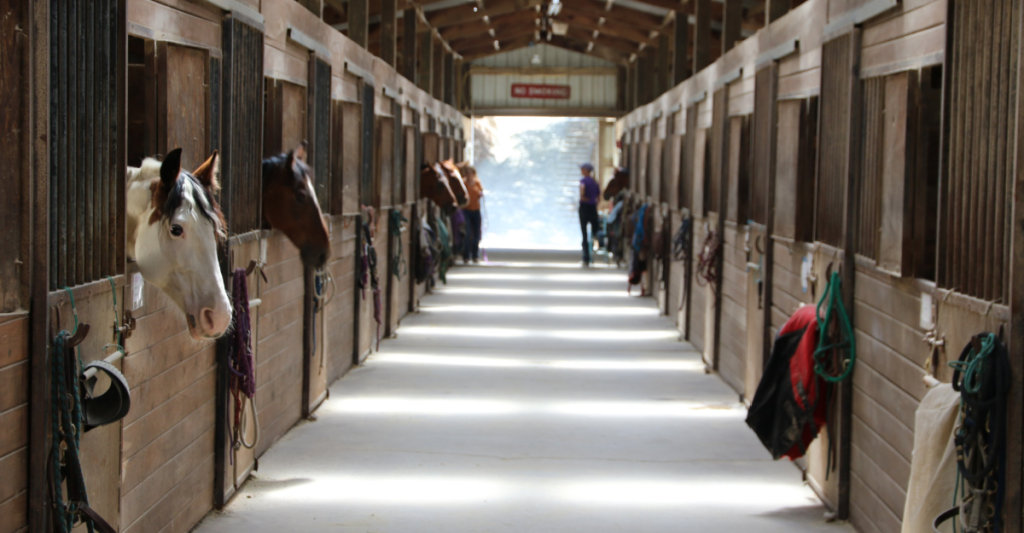
A first-time horse owner should consider boarding their horse before taking it to their own property
As a new horse owner, you are embarking on a new world. Horses can be complex, and they depend on us for all their needs. I want you to consider the pros and cons of bringing your first horse home. You need to get practical advice and experience with the horse to determine the right place to house your horse. We will talk about this in more detail soon.
Find a boarding barn to keep your horse. So many things can go wrong when you first get a horse. Placing them in a boarding barn atmosphere with reputable horse care providers will prevent you from a lot of stress and heartache. An experienced professional horse barn should be ready for any situation that might arise: skin conditions, colic, lameness, cuts, and scrapes. They can handle most behavioral issues safely and with success. They should have a well-established feeing plan. 24/7 care that your horse at home might not get. And possibly an indoor arena that allows you to train during all weather conditions.
Preferably this barn is your lesson barn. Your instructor should help you get to know your new horse and train you both together. If you have dreams and aspirations to have your horse at home, give it a few months for the both of you to work out the kinks in your relationship. And while doing this, prepare your home location for your new horse. There are many things to consider when bringing your horse home. Take your time, and only when you are comfortable and confident take your friend home.
Reputable and reliable trainers want you to be able to move into new horse ownership with a few bumps and bruises. We want you to be a successful and happy horse owner.
Do you have any questions about the steps to buying a horse?
- I would love to answer those questions in the comments below.
- Have you ever seen a horse fight? When and where? Was it scary
- Did you know that horses can carry infectious disease without anyone knowing? Kind of like COVID is non-systematic. Do you know that those horses are usually euthanized and not rehabilitated after contracting EIA? Once a horse is infected, the likelihood of recovery is little to none, with the possibility of infecting other horses less than 100′ away.

